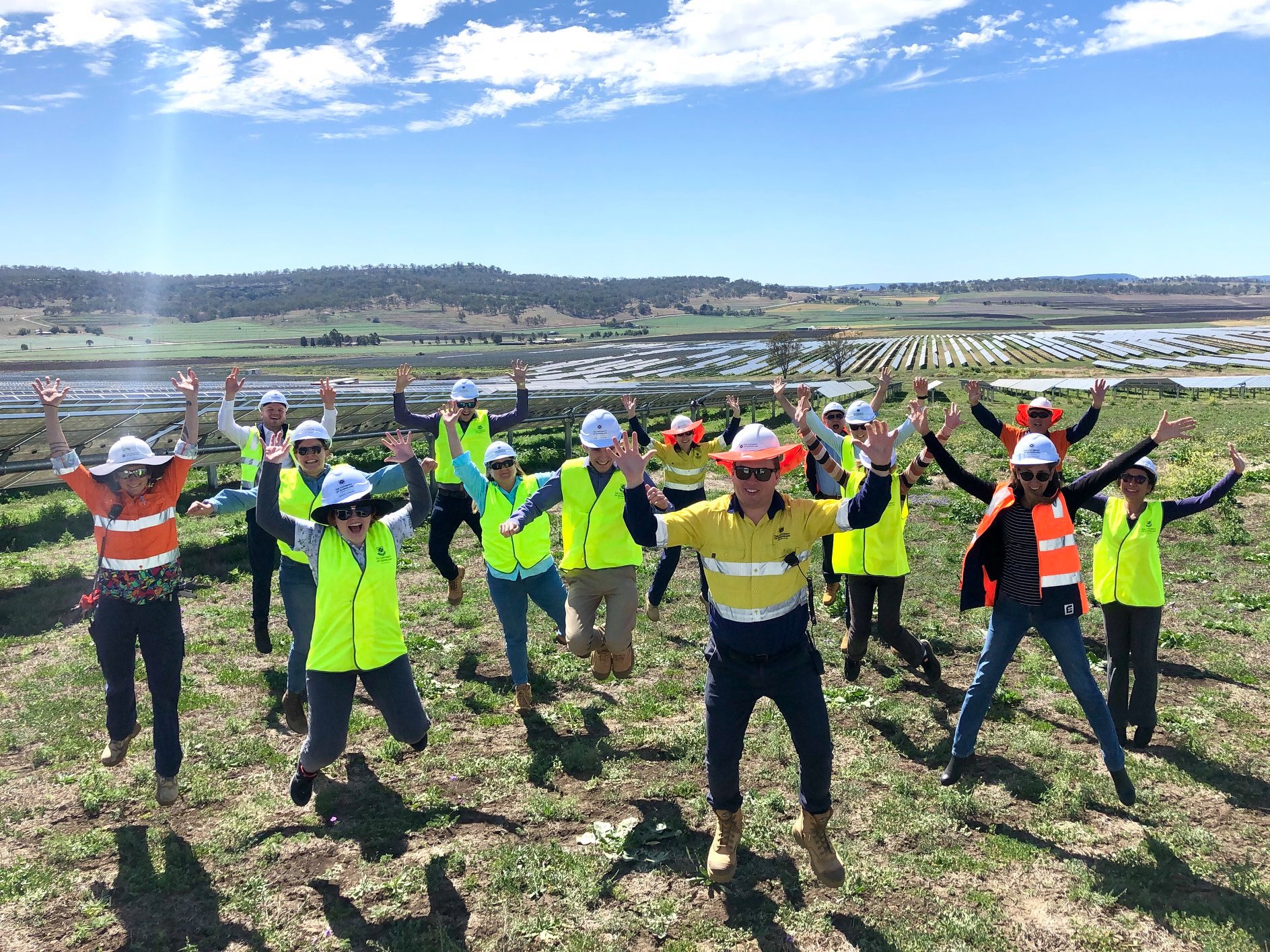Year in Review for Sustainability at UQ
It is an understatement to say that 2020 has provided many challenges. The Australian bushfires and COVID-19 especially affected the way we worked, studied and lived in Queensland. For UQ’s Sustainability Office, 2020 was filled with goals and projects to improve sustainability culture and operations. But these unfolded a little differently to what we had imagined.
When campuses shut down during quarantine, around March-June 2020, energy use dramatically decreased. Energy consumption was 13% lower than the same period last year. This equated to 3,115 tonnes of GHG emissions being saved, similar to taking 1,240 cars off the road (not to mention all the cars that were taken off the road during quarantine). These emissions savings were due to UQ’s energy team ensuring non-essential services were shut down, and appliances being used by less people overall. However, energy use could never decrease by 100%, as baseline consumption powers ULT lab freezers with samples, libraries’ air conditioning (to preserve books) and other essential systems. It is interesting to note that, when students and staff started returning to campus at limited capacity at the end of Semester 1, energy consumption went right back to normal.
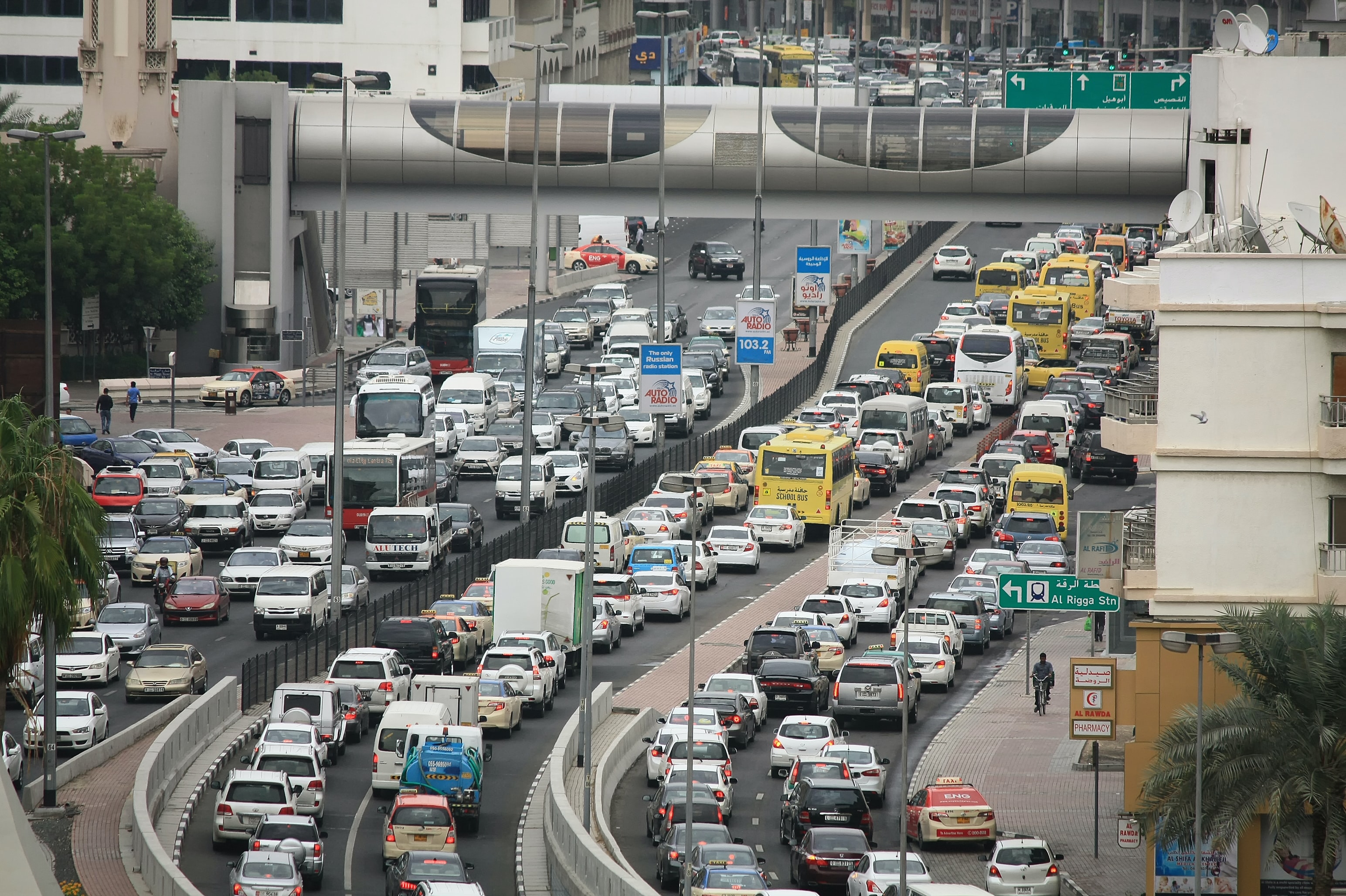
Another aspect of UQ operations that changed during quarantine was water consumption. Although less people were on campus during this time, water used increased to an additional ~66,400 kL at St Lucia campus alone. This may have been due to increased hand washing, sanitation practices and increased cleaning of common areas and offices on campus, despite most staff and students working from home!
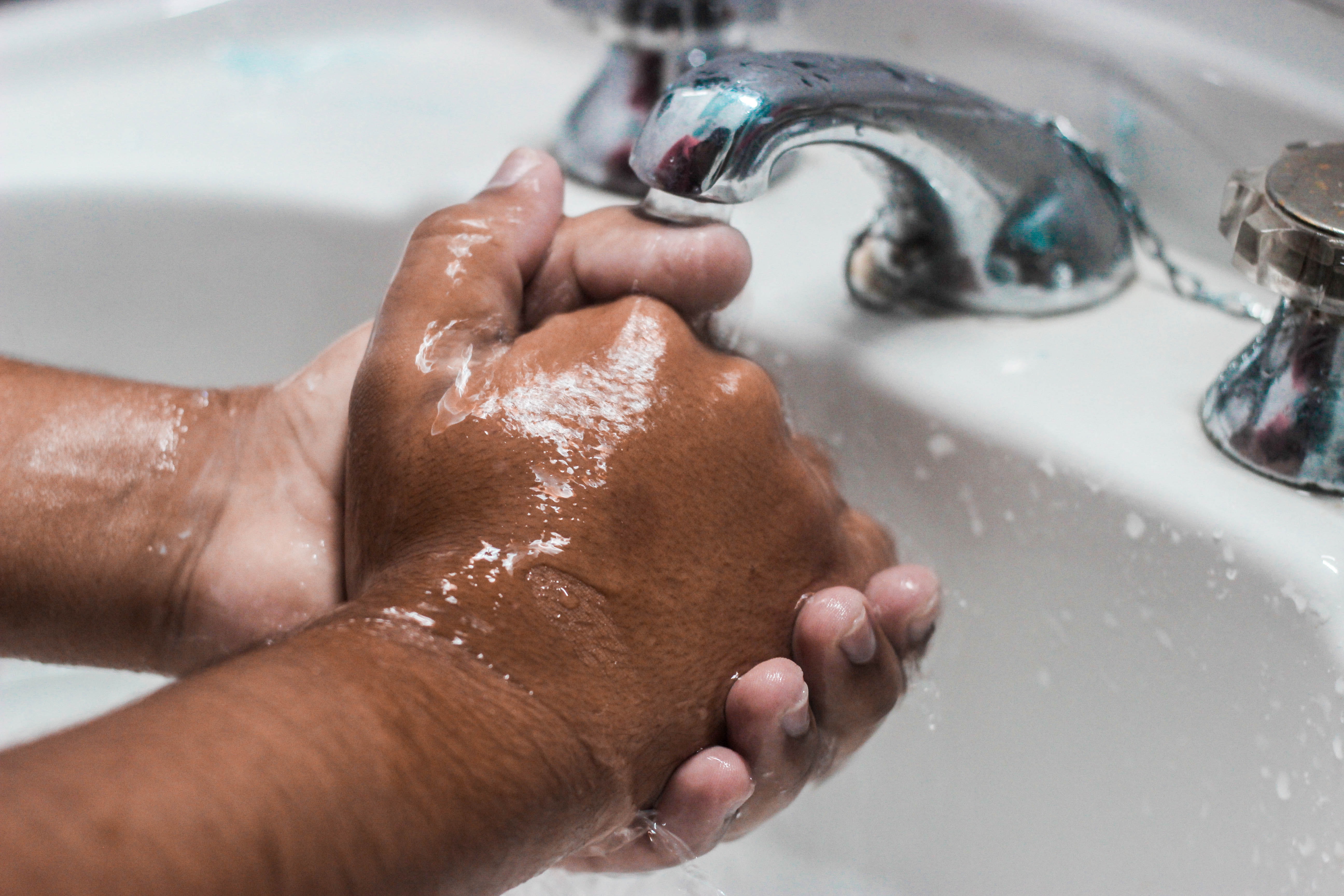
As quarantine saw a reduction of human activities on campus, there was reduced human pressure on wildlife. During this time, campus wildlife were less at risk of negatively interacting with humans, but lack of interaction may have disappointed some opportunistic feeders, like the Ibis. With COVID-19 restrictions shutting down dining areas, they would have had to forage for more natural food sources instead.
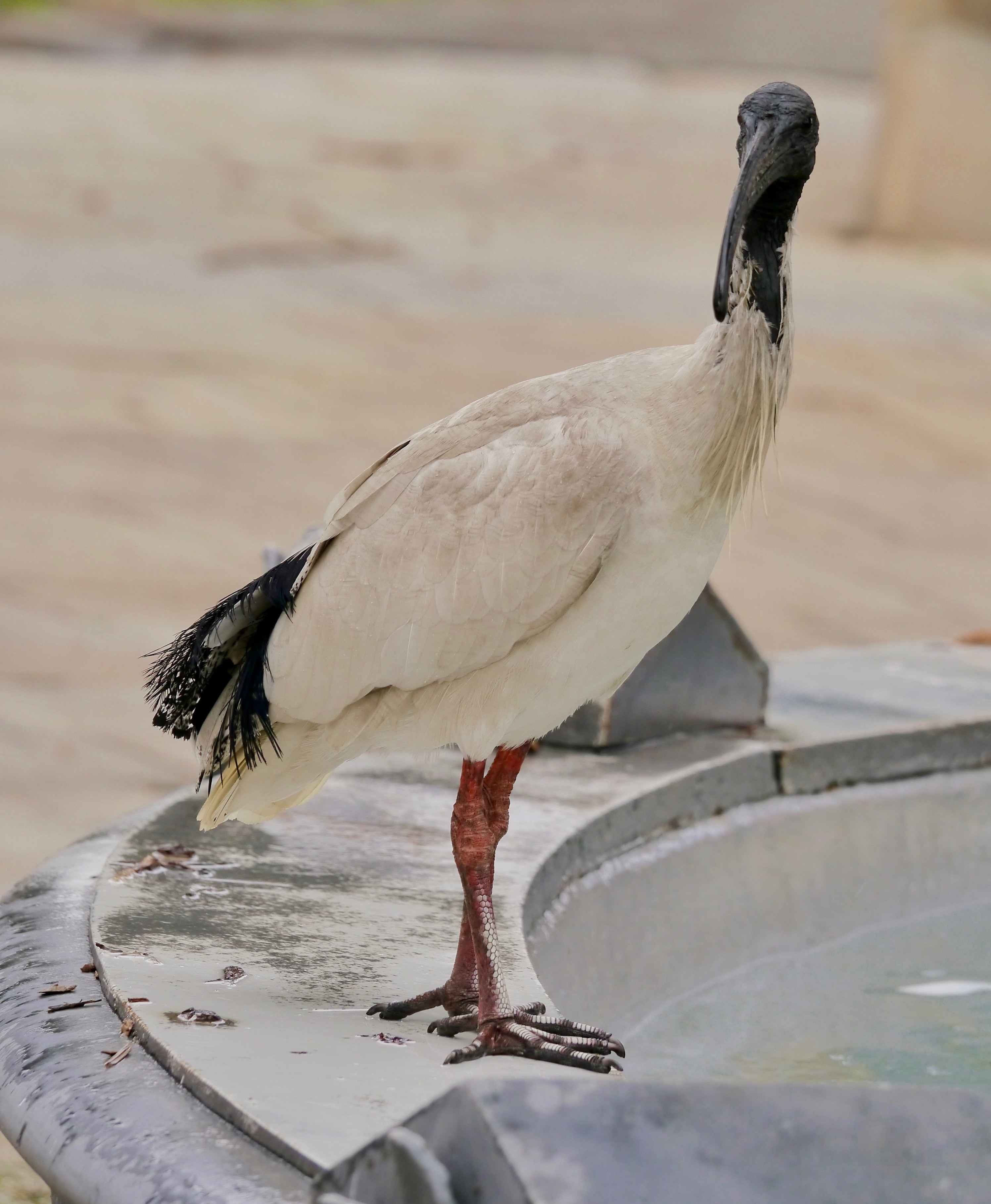
A positive impact was seen in the amount of weight generated on campus. Comparing the weight of waste generated from April-July 2019 to 2020, there was a reduction of ~574 tonnes! This was due to less people on campus, and perhaps more people bringing food from home to maintain social distancing during lunchtime.
Throughout 2020, the UQ community was busy collecting and assessing data on UQ’s sustainability performance to self-report under STARS, the Sustainability Tracking Assessment and Rating System. This data provides guidance on how the University is tracking against its strategic sustainability goals and commitments.
The Green Ambassador Program officially launched in March 2020, with its first meeting on campus attracting a huge turnout. Everyone agreed the next step would be launching an online community. Little did we know that an online community would be the only possible next step in the coming months. When COVID-19 shut down campus, the UQ community retreated to the online space. Establishing the GAP community through a Facebook group quickly attracted many eco-minded students and staff. Here, they shared news, events, and nominated for positions on GAP’s Environment Council. This Council, comprising of student volunteers and staff representatives, worked tirelessly throughout lockdown to provide virtual events and online engagement. This fostered a supportive, fun, online community that paved the way for successful in-person events towards the end of 2020. While starting a new program online had its challenges, these experiences created a strong GAP community, passionate about environment issues and eager to get involved in UQ’s sustainable culture.
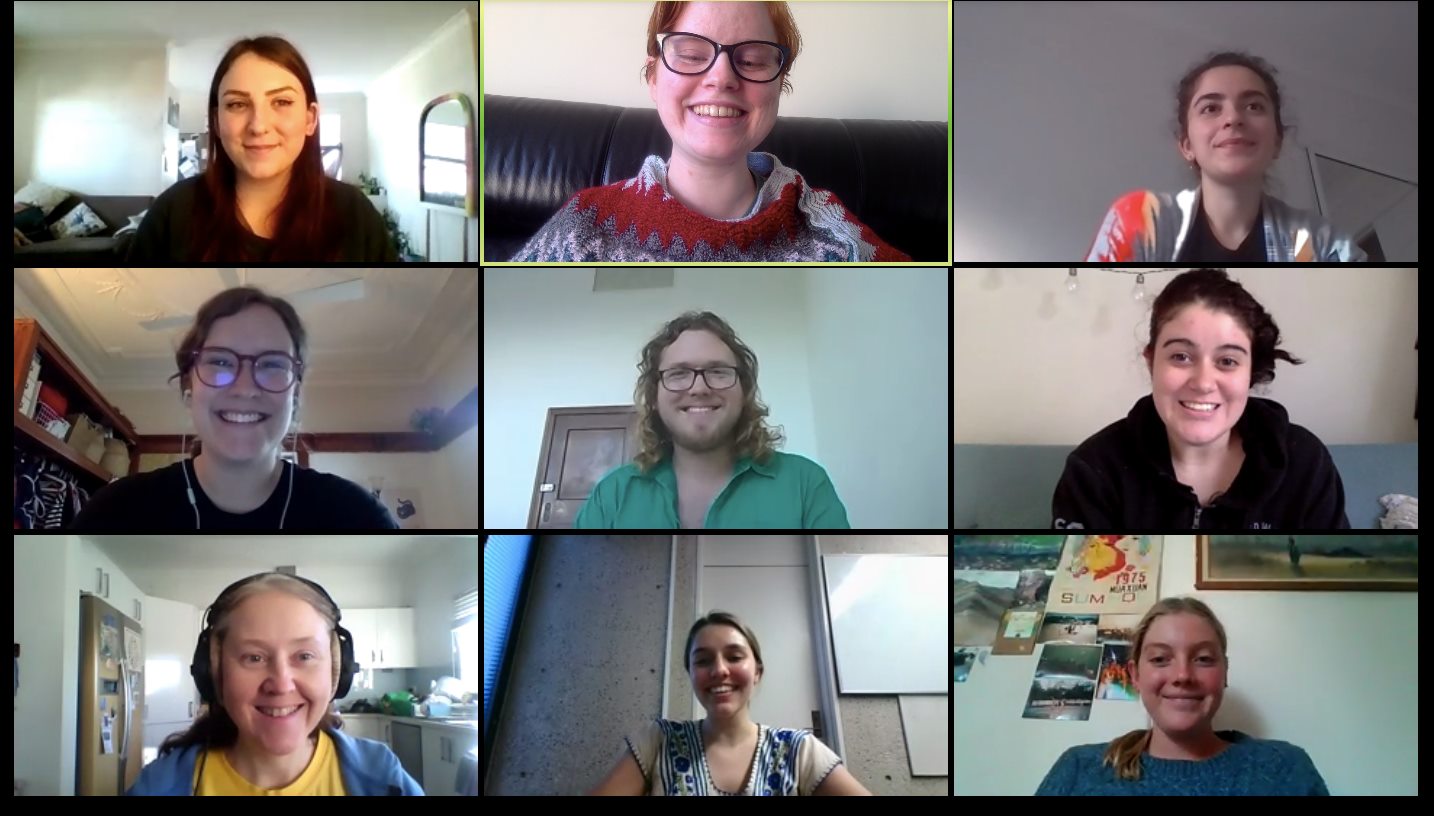
It wasn’t just the Green Ambassador Program that was affected by COVID-19. The Green Labs and Green Office staff engagement programs required a transition to online training, events and competitions, especially with most UQ staff working from home. This proved to increase the Programs’ accessibility. Online training allowed staff, no matter where they were, to learn how to make their workplace more sustainable. Online competitions engaged many staff working from home, and online workshops allowed staff to come together, chat, and learn new skills.

Lockdown not only affected the staff engagement programs, but the staff offices themselves. Liz Eden, a Green Office rep’ for 10 years (so far!) quantified the impact COVID-19 had on ITaLI, the Institute for Teaching and Learning Innovation. Reduced printing costs, marketing and promotional material orders were offset by an increase in single-use plastics from food and sanitation equipment. Karen Hendrickson, from the Cumbrae-Stewart Building at St Lucia, quantified the effect less printing in her workspace had on the environment: from January to July, their Level 2 office saved 1,477kg in emissions, which is the equivalent of 92,515 lightbulb hours saved.
While 2020 definitely posed challenges, the year was productive for trying new formats, increasing online outreach and engagement, and achieving goals despite complications. From the Sustainability Team, we hope your year has also been productive, sustainable, and that you enjoy this 2020 Annual Report.
